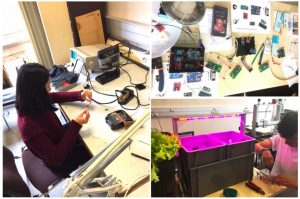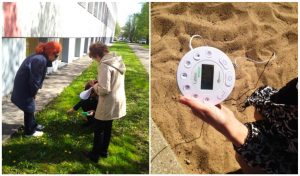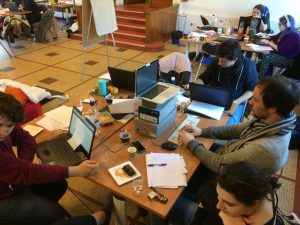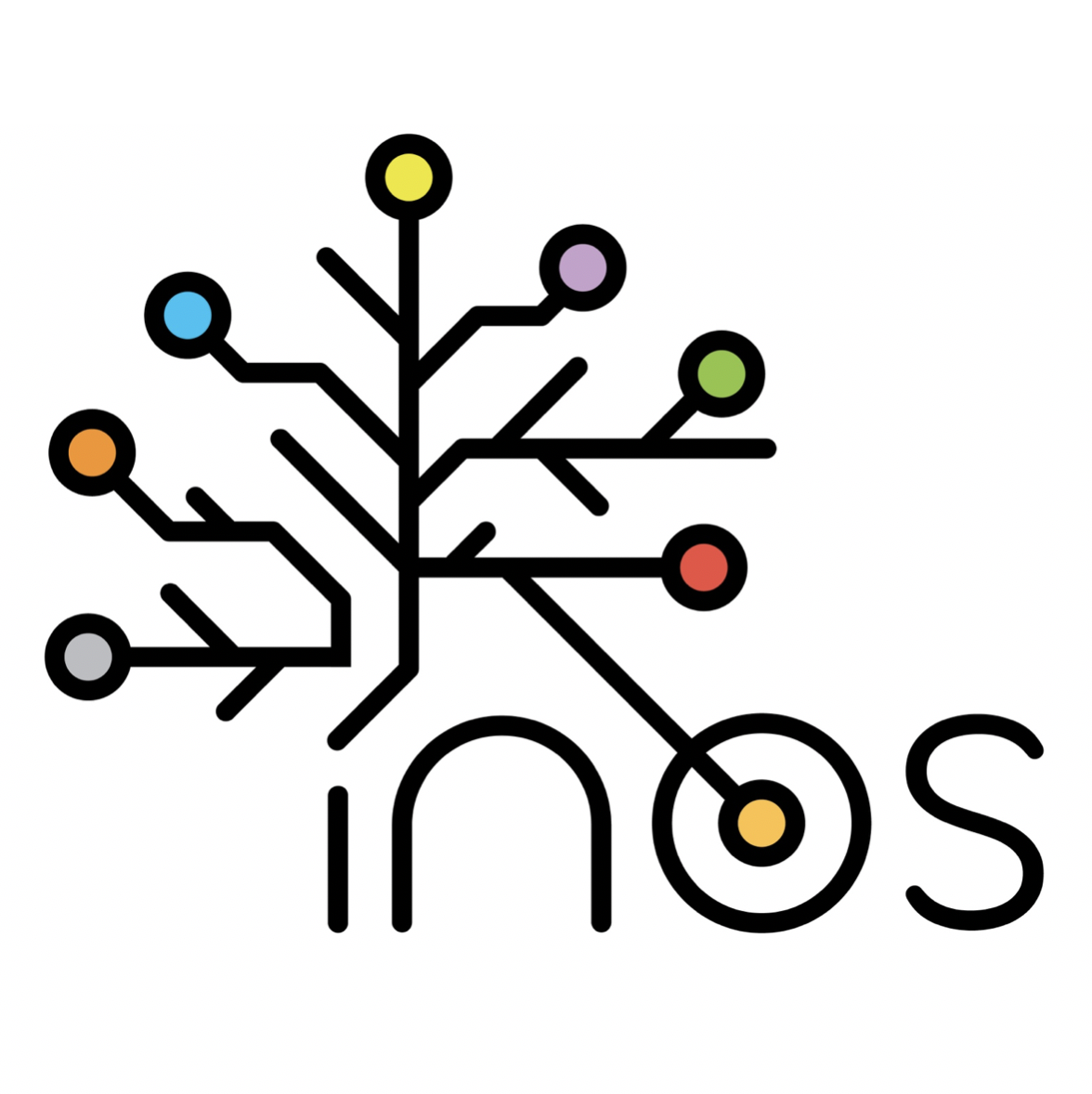26 Mar Tips to boost learning in open science, citizen science and open innovation activities
Open science (OS), citizen science (CS) and open innovation (OI) improve the quality of science and innovation. They also promote public engagement with science and technology, openness and active citizenship. More and more, higher education institutes (HEIs) are getting involved with organising such activities, such as hackathons, datathons, service jams, knowledge cafés, fablabs, game labs and innovation sprints.

The Fablab Coh@bit at the University of Bordeaux is a space to collaborate, create and prototype innovative products. Facilities include 3D printing, Arduino (open source electronics hardware and software), and laser engraving. The fablab hosts activities for university students, young school students, private companies and the general public. Photos courtesy of Antoine Blanchard.
Many OS/CS/OI activities involve some form of learning or knowledge transfer. Often, such activities are used to improve skills and public knowledge on important topics. Learning also occurs when stakeholders of different backgrounds collaborate on a project and need to acquire new technical and soft skills to facilitate the collaboration.
Learning is critical to OS/CS/OI activities. The overall educational, scientific, innovative and social impact of these activities would be optimised if the learning components were grounded in solid pedagogy. Currently, there is the opportunity to expand and improve the HEI curricula of OS/CS/OI activities.
The INOS Project aims to enhance the impact of OS/CS/OI activities by offering pedagogical support to HEIs and other organisers of relevant activities.
We have therefore produced a short roadmap that provides organisers with recommended actions to implement and advance pedagogical practice in OS/CS/OI activities. Key recommendations include:
- Establishing a learning design process.
- Specifying learning goals and objectives.
- The collection of success metrics and learner responses for reiterative learning design and improvement.
- Documentation of pedagogical information for future reference and improvement.
- Pedagogical discussion of OS/CS/OI activities enables the sharing and advancement of knowledge.
For more information and recommendations, please check out our new roadmap: “Enhancing impact using pedagogy: A roadmap for organising open science, citizen science and open innovation activities”.

A citizen science activity hosted by Tallinn University. School teachers test out an environmental sensor (by Labdisc Enviro). These sensors are to be used by school students to measure the urban heat island effect of the city. Photos courtesy of Kai Pata.

The Scientific Game Jam hosted by the University of Bordeaux brought multidisciplinary teams of students to innovate games that raise awareness of a certain scientific topic and/or collect scientific data (e.g. a platform for citizen science). Teams were composed of at least one game designer, one graphic designer, one programmer, one sound designer and one scientist. The game centred around the research themes of the team’s doctoral student, which included sociology, environmental science and virology. Photo courtesy of Antoine Blanchard.

